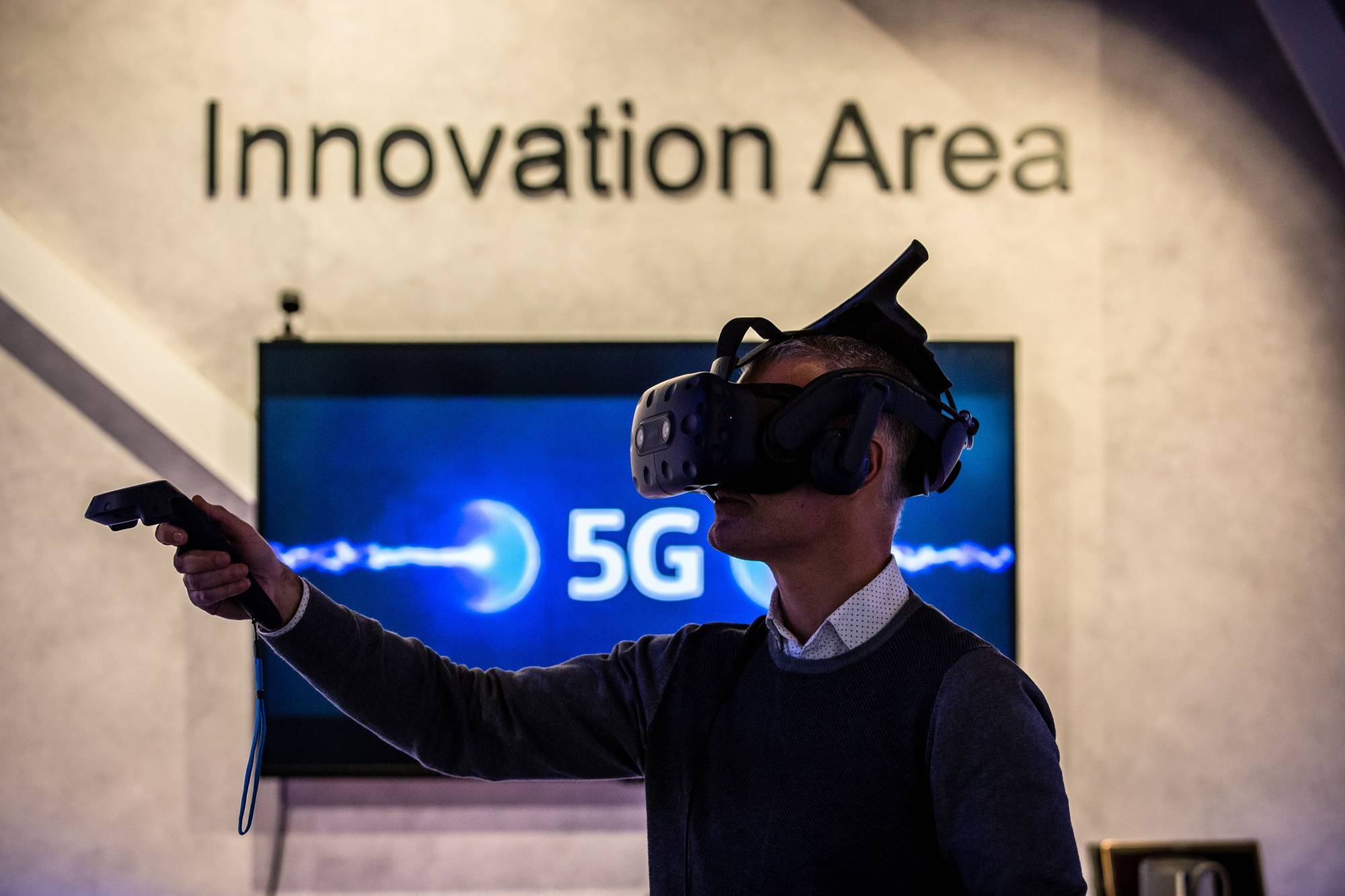Japan Display Inc., once one of Apple Inc.’s key suppliers, sees a new market for its liquid crystal displays after ceding the smartphone arena to rival organic light-emitting diode screens: the niche yet growing virtual reality business.
The Tokyo-based LCD specialist expects its favored display technology to become the standard for VR because it can achieve higher resolution than OLED while keeping costs reasonable. That advantage is imperceptible in mobile devices but becomes critical in the more demanding VR scenario.
To date, VR headsets have largely been a disappointment, promising to open a whole new content platform and ecosystem yet never quite achieving it. But VR game producers said the situation started to improve with Facebook Inc.’s Oculus Quest 2 release last year, which saw adoption tick up with many people stuck at home during the pandemic.

















With your current subscription plan you can comment on stories. However, before writing your first comment, please create a display name in the Profile section of your subscriber account page.